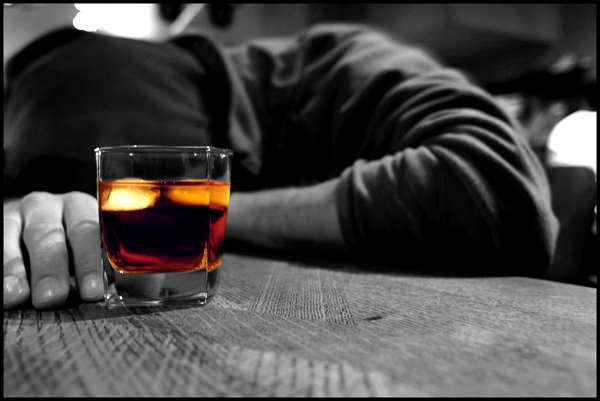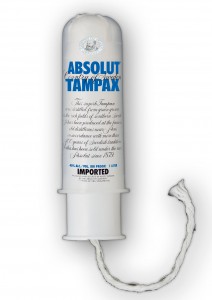By Rhea Rosier
Are you experiencing multiple hangovers? Do you drink frequently? When you stop to drink do you begin to feel worse not better? If you answered yes to any of these you may want to read on.
The definition of withdrawal is any type of separation or retraction. This case being in reference to alcohol withdrawal symptoms; it is the removal or separation of alcohol from a person’s body and mind. Alcohol is a physically addictive substance because of the way it changes the brain chemistry. Ethanol is the active ingredient in alcohol. Alcohol when ingested and then broken down in the body is the chemical ethanol which is extremely dangerous. When a person drinks alcohol it is absorbed through the stomach into the bloodstream where it then goes to the brain, and starts to release feelings of comfort, warmth and relaxation.
A sustained use of alcohol causes the body to adapt to the changes in brain chemistry and that can lessen the original effects of drinking. This is known as building a tolerance. Once the body adapts and begins to build a tolerance the person drinking begins to need to consume more, in order to achieve the desired effect; meaning the drinker can or has developed an alcohol dependence which if at any point they decide they want to stop drinking, will result in alcohol withdrawal symptoms. Usually if an alcoholic’s drinking has gotten to this point they are no longer drinking because they want to but because they have to.
There are different stages of alcohol withdrawal. Generally, when withdrawing, a person will start to feel worse and worse, hit a plateau, and then the symptoms begin to dissipate. However, alcohol withdrawal symptoms usually worsen and can end up being fatal. Alcohol withdrawal symptoms can become so painful and uncomfortable that drinking again seems to be the better option rather than continuing to try and stop. This kind of behavior and these symptoms are usually seen in someone with alcoholic tendencies. If the person has alcoholic tendencies or any alcohol withdrawal symptoms a medical detox followed by alcohol treatment is most likely needed because these symptoms can be life threatening or even deadly in some cases.
Alcohol withdrawal symptoms can begin to occur up to 5-10 hours after the last drink. The alcohol withdrawal symptoms are psychological as well as physiological and can last weeks. Even, months later someone with alcoholism may have symptoms of post-acute withdrawal and this is why detox and probably a more long term or residential treatment are necessary and vital to sustain abstinence from drinking.
The most common alcohol withdrawal symptoms are:
- Nausea
- Depression
- Inability to think clearly
- Fatigue
- Irritability
- Mood Swings
- Nightmares and Insomnia
- Heart Palpitations
- Sweating or Clammy Skin
- Cold and Hot Chills
- Jumpiness
- Loss of appetite
- Seizures
- Delirium Tremors (DT’s)
Delirium tremors and seizures due to alcohol withdrawal can be fatal. These alcohol withdrawal symptoms can be very frightening and without a medical detox can be very unsafe. This is why a medical detox is almost always necessary. These alcohol withdrawal symptoms can vary in severity depending on age, gender, and how long it has been since the last drink or how much the person has been drinking. If at any time you or someone you know is experiencing these alcohol withdrawal symptoms, remember they can be fatal. It is recommended you seek medical detox immediately if you or someone you know is showing any of these alcohol withdrawal symptoms.





